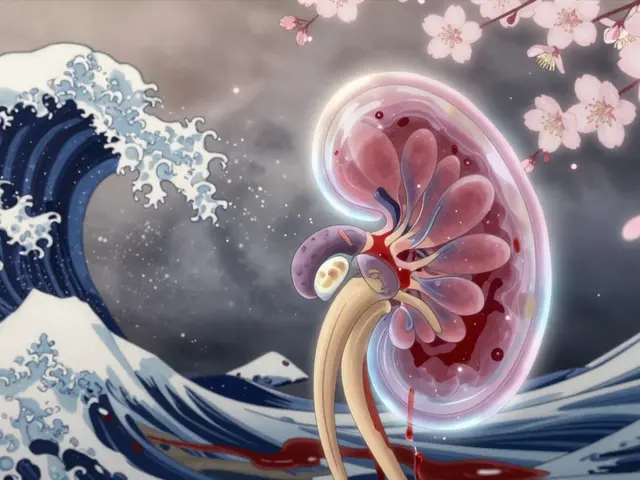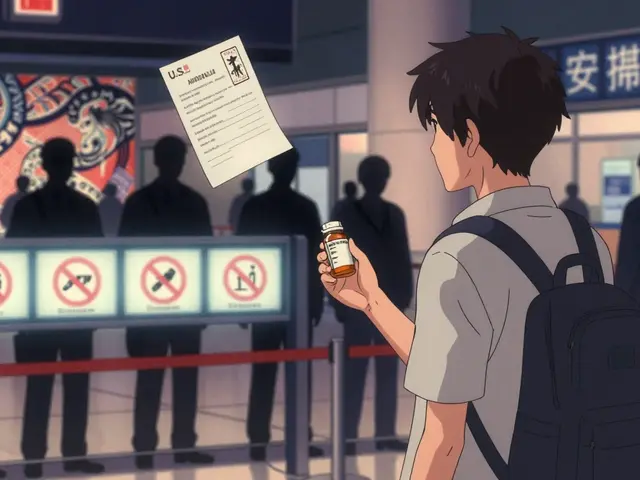Caffeine: What It Does, How It Affects Your Body, and What You Need to Know
When you drink coffee, soda, or energy drinks, you’re consuming caffeine, a natural stimulant that blocks adenosine receptors in the brain to increase alertness. Also known as 1,3,7-trimethylxanthine, it’s the only psychoactive substance legally consumed by billions every day. Unlike prescription drugs, you don’t need a doctor to get it—but that doesn’t mean it’s harmless.
Caffeine doesn’t just wake you up. It changes how your body handles sleep, a biological process regulated by adenosine buildup. If you take caffeine late in the day, even a cup of tea, it can delay your body’s natural wind-down. Studies show that caffeine consumed six hours before bed can cut total sleep time by over an hour. And here’s the catch: you might not feel tired the next day, but your brain still didn’t get the deep rest it needed.
Over time, your body adapts. That’s called tolerance, the process where your brain makes more adenosine receptors to keep up with caffeine’s effects. What once gave you a jolt now just feels normal. Skip your morning coffee? Headaches, fatigue, irritability—those aren’t just "withdrawal." They’re your brain screaming for its usual dose. Many people don’t realize they’re not drinking caffeine for energy—they’re drinking it to avoid feeling awful.
It’s not all bad. Caffeine improves focus, reaction time, and even physical endurance. Athletes use it. Students use it. Office workers use it. But the real question isn’t whether it works—it’s whether you’re in control of it, or if it’s controlling you.
Some people feel jittery after one cup. Others drink five and sleep fine. Why? Genetics, body weight, liver enzymes, and even gut bacteria all play a role. There’s no one-size-fits-all dose. What works for your coworker might leave you anxious or wide awake at midnight.
The posts below cover what happens when caffeine meets your body long-term, how it interacts with medications like antidepressants and blood pressure drugs, why some people can’t handle it at all, and how to tell if you’ve built up a hidden dependence. You’ll find real stories, not theory. No fluff. Just what people actually experience when they cut back, double down, or switch to decaf.
Energy Drinks vs Stimulant Medications: Blood Pressure & Heart Risks
Explore how energy drinks and prescription stimulants raise blood pressure and heart risk, with data, safety tips, and FAQs for healthier choices.






